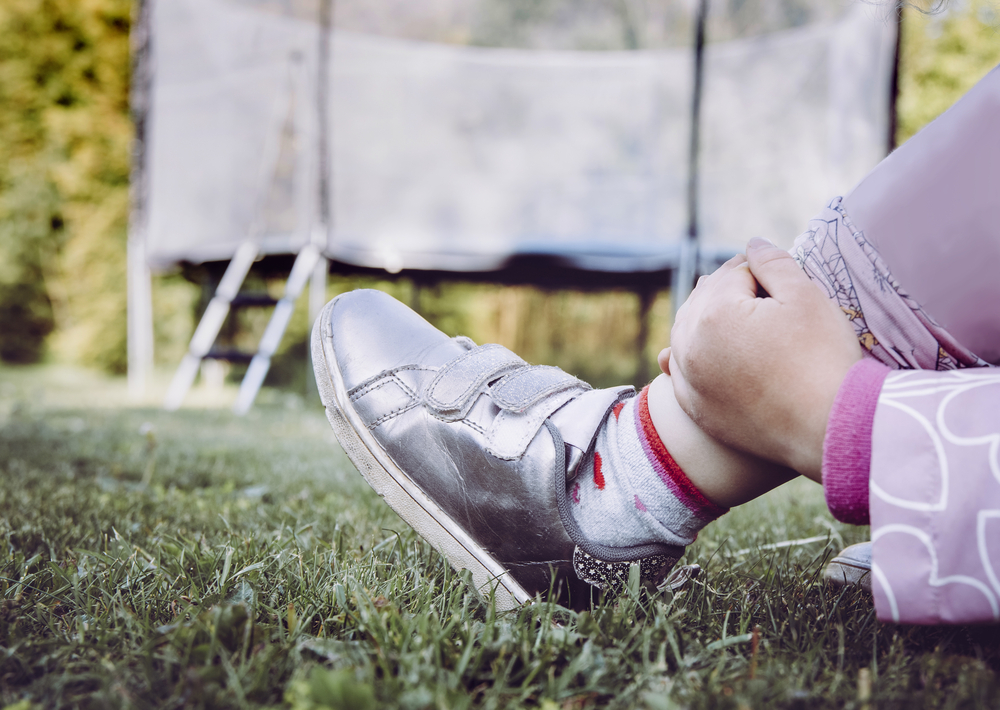 As a homeowner, it’s your legal duty to maintain your property so that it’s safe for those who enter the property. This is known as “duty of care,” and it’s the basis for establishing liability if someone is injured on your property. While you may do your best to maintain the property so that no broken or damaged materials present a danger, there are still certain property features that can present a major liability risk for you. Here are 3 of the most common features homeowners add to their home that increase the odds of facing a liability nightmare.
As a homeowner, it’s your legal duty to maintain your property so that it’s safe for those who enter the property. This is known as “duty of care,” and it’s the basis for establishing liability if someone is injured on your property. While you may do your best to maintain the property so that no broken or damaged materials present a danger, there are still certain property features that can present a major liability risk for you. Here are 3 of the most common features homeowners add to their home that increase the odds of facing a liability nightmare.
Swimming Pools
Swimming pools are a fun and relaxing way for you, your family, and your friends to enjoy a hot summer’s day. But they can also be a major liability issue for you. When you add a pool to your property, you add an inherent hazard to your home. In addition to being a drowning risk for any small children on your property, you also introduce slippery surfaces all around the pool that could result in an injury.
Simply put, a swimming pool presents many opportunities for someone on your property to get hurt. If someone slips on your wet decking, you could be sued for not clearly warning them of the slipping hazard. If a child is injured or even drowns by falling into your pool, their parents could pursue legal action against you because there was no fencing around your pool to keep children out. Of course, there are many factors that would impact whether or not such cases would be successful, but it’s important as a property owner to be aware of the liability risks associated with having a pool in your backyard.
Trampolines
Most of us can remember fun days spent jumping on a trampoline as a child. But they’re also one of those features that will open you up to potential injury claims; simply putting a trampoline on your property can even drive up the cost of your homeowner’s insurance because of the risk they pose. Obviously, there are many safety features you can put in place to minimize the risk of an injury occurring. For example:
In terms of liability, the best thing you can do is to ensure that all children and their parents know they’re not to use the trampoline without permission, and that they’re expected to avoid inherently risky behaviors, such as flipping off the trampoline or jumping with too many people on it at once. If an injury occurs when these rules are violated, you’re much less likely to be held liable.
Unfinished Renovations
This is less of a home feature and more of a feature-in-progress, but it does create significant liability problems for homeowners. Whether you’re renovating your kitchen or building a new deck, any kind of construction zone has some inherent risks associated with it, as well as the potential for injury. If you’re renovating any area of your home, here are some tips to help you reduce your odds of facing a personal injury claim:
These simple tips can go a long way towards preventing injuries in the first place, as well as offering some level of liability protection for you. If you expressly state that the area is off-limits, and someone enters the area anyways and is injured, you’re much less likely to be held responsible, since the injury occurred as a result of their actions.
Dealing with Homeowner Liability Issues
Homeowner liability can be complex, but essentially, it comes down to how much of a risk your property is to others. Any features or conditions on your property that could injure someone can also present a liability risk to you. If you were injured on someone else’s property—whether it was in one of the situations described above, or as the result of some other condition—contact The Harr Law Firm today. We’ll consult with you on your case and help you determine if the property owner could be held liable for your injuries.